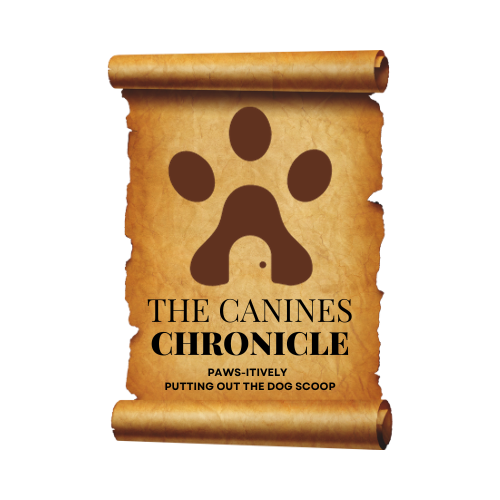How Much Human Food is Safe for Your Canine Companion?
Introduction
You’re sitting down for dinner and those puppy eyes are staring up at you. You find it hard to resist sharing a morsel of your meal with your furry friend. After all, what harm can a tiny morsel do? It’s time to dispel the myths and shed light on the truth around this topic. This comprehensive guide will answer the crucial question: “How much human food is safe for your canine companion?”
Understanding Canine Nutrition
Dogs, just like humans, thrive on a balanced diet. However, the essential components of their nutritional requirements aren’t exactly the same as ours.
Nutritional Requirements of Dogs
Dogs require a mix of protein, carbohydrates, fats, vitamins, and minerals to maintain optimal health.
- Protein: Essential for growth, maintenance of muscles and tissues, and energy.
- Carbohydrates: A dog’s body converts carbs into glucose, providing energy for physical activities.
- Fats: Vital for healthy skin and coat, energy, and absorption of vitamins.
- Vitamins and minerals: They help support immune system function, bone health, and other critical bodily processes.
“Giving your dog a balanced diet is crucial for their overall health and well-being.”
Wondering how you can provide these essential nutrients to your dog? Let’s explore the possibilities with human food.
The Safe List: Human Foods Beneficial for Dogs
While not all human foods are safe for dogs, there exists a variety of food items that can be a healthier alternative to store-purchased treats.
Fruits and Vegetables
Canines can benefit from certain fruits and vegetables that contain necessary vitamins and minerals. Some of them include:
- Apples: Low in fat and high in fiber and vitamins A and C. Make sure to remove seeds and core.
- Carrots: Excellent source of vitamins A and K, and fiber. They are also good for your dog’s dental health.
- Green Beans: Packed with Iron and vitamin K.
- Blueberries: Rich in antioxidants, fiber, and vitamin C.
Lean Meats
Lean meats are a fantastic source of protein and amino acids, which help build muscle and keep the immune system robust.
- Chicken: A good source of easily digestible protein and Omega-6 fatty acids.
- Fish (Salmon, Cod): Rich in Omega-3 fatty acids, beneficial for a healthy coat, skin, and joints.
“While introducing human foods in your dog’s diet, ensure they are appropriate and well-cooked.”
It’s vital to understand that not all human food items are safe. Let’s move on to foods that should be universally avoided.
The Danger Zone: Human Foods to Avoid for Dogs
There are certain human foods which, while possibly delicious for you, can be harmful or even fatal to your pooch.
Toxic Foods
The following foods are known to be toxic to dogs and should be avoided at all costs:
- Chocolate: Contains theobromine, which dogs cannot metabolize.
- Garlic and Onions: They can cause anemia in dogs.
- Grapes and Raisins: Even small amounts can lead to kidney failure in dogs.
- Xylitol: A sweetener found in many products including sugar-free gum and candy, which can cause rapid insulin release in dogs leading to hypoglycemia.
The Bottom Line: Moderation and Balance
Like human nutrition, the key lies in balance and moderation. Treats and human food should not make up more than ten percent of your dog’s daily caloric intake. Any drastic dietary changes should be discussed with your vet. Remember, just because your dog consumes something without immediate signs of illness, it doesn’t mean it’s safe or beneficial in the long run.
Conclusion
The world of human food for dogs can be a maze – what’s safe can quickly turn harmful if given in the wrong quantity or without proper preparation. Similarly, some foods might seem harmless but can truly be toxic. Take this guide as a starting point, do further research, and when in doubt – consult with your vet. Keep those tails wagging and those dogs healthy!
“Remember, balance, moderation, and cautious introduction of new foods are keys to your dog’s health!”


Leave a Reply